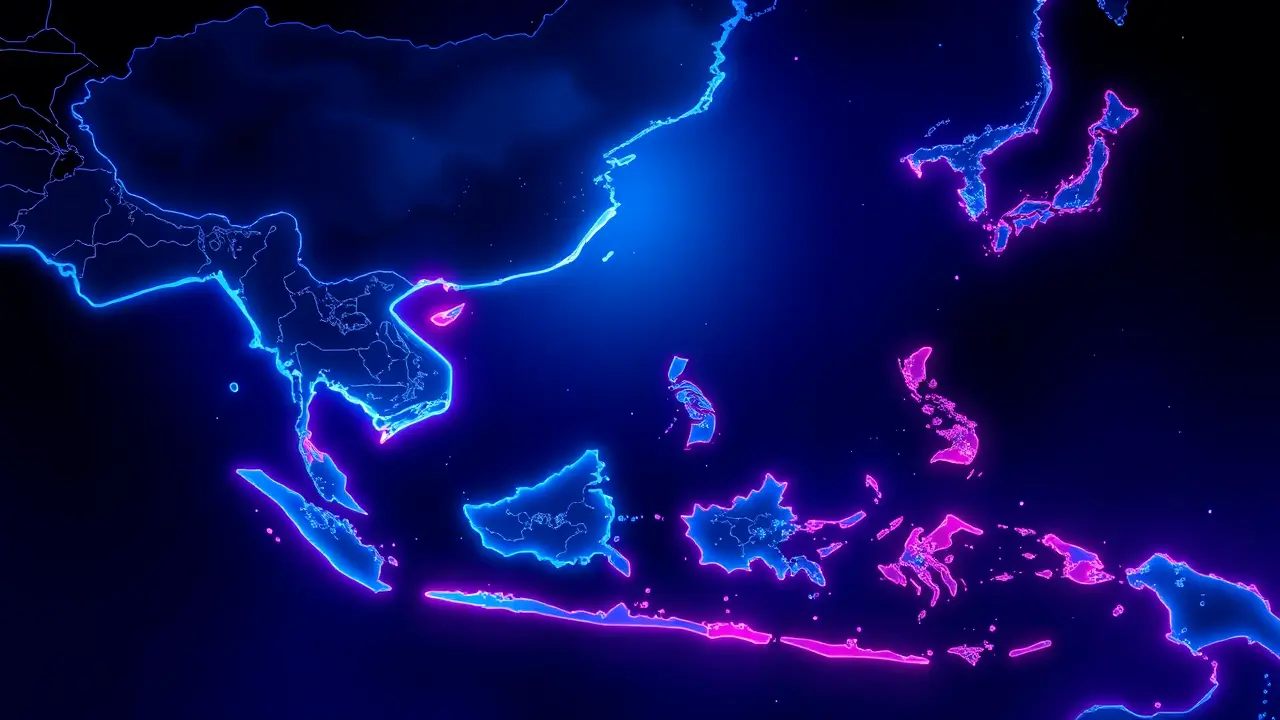
PoliticsdiplomacyBilateral Relations
Trump's Shift Away from Asia Alarms Allies
RO
Robert Hayes
2 days ago7 min read
The recent Asian tour by President Donald Trump has sent unmistakable signals to the region's capitals, signaling what appears to be a strategic retreat from the much-vaunted 'pivot to Asia' that defined his predecessor's foreign policy doctrine. This reorientation, which began under Barack Obama as a deliberate rebalancing of American diplomatic, economic, and military resources toward the Indo-Pacific to counterbalance China's rising influence, now seems to be undergoing a profound recalibration.For allies from Tokyo to Seoul, Canberra to Manila, this shift is not merely a change in tactical posture but a potential unraveling of decades of strategic assurance. The pivot, after all, was never just about military deployments; it was the cornerstone of a broader commitment, a promise that the United States would remain the primary guarantor of security and a pivotal economic partner in a region increasingly anxious about Beijing's territorial ambitions in the South China Sea and its coercive economic statecraft.Trump's rhetoric and actions—from his transactional approach to alliance burdens, his withdrawal from the Trans-Pacific Partnership which was the economic arm of the pivot, to his administration's fluctuating stance on North Korea—have collectively fostered a climate of profound uncertainty. This is not the steady, predictable engagement that nations like Japan, which hosts key U.S. military bases, or Taiwan, which relies on implicit American security guarantees, have built their national security strategies upon.Historically, such a vacuum of power is rarely left unfilled. One need only look to the preludes of significant geopolitical shifts, where a retrenching hegemon creates opportunities for ambitious rivals.China, with its Belt and Road Initiative and rapidly modernizing navy, is poised to step into this space, offering an alternative regional order that is less liberal and more authoritarian. The consequences are multifaceted: we could witness accelerated militarization among Southeast Asian nations, a potential nuclear arms race in Northeast Asia should South Korea or Japan reconsider their non-nuclear status, and a fundamental weakening of the rules-based international order that the U.S. helped construct post-World War II.Expert commentary from former State Department officials and think-tank analysts consistently points to a growing sentiment in Asian diplomatic circles that the era of unwavering American commitment is over, forcing these nations into a delicate and potentially dangerous dance of hedging their bets between Washington and Beijing. The long-term strategic blunder here may not be immediately visible, but like the slow realignment of tectonic plates, the seismic effects on global power dynamics will be felt for generations.
#US foreign policy
#Asia pivot
#Trump administration
#Obama legacy
#diplomacy
#allies
#featured
Stay Informed. Act Smarter.
Get weekly highlights, major headlines, and expert insights — then put your knowledge to work in our live prediction markets.
Related News
Comments
It’s quiet here...Start the conversation by leaving the first comment.
© 2025 Outpoll Service LTD. All rights reserved.













